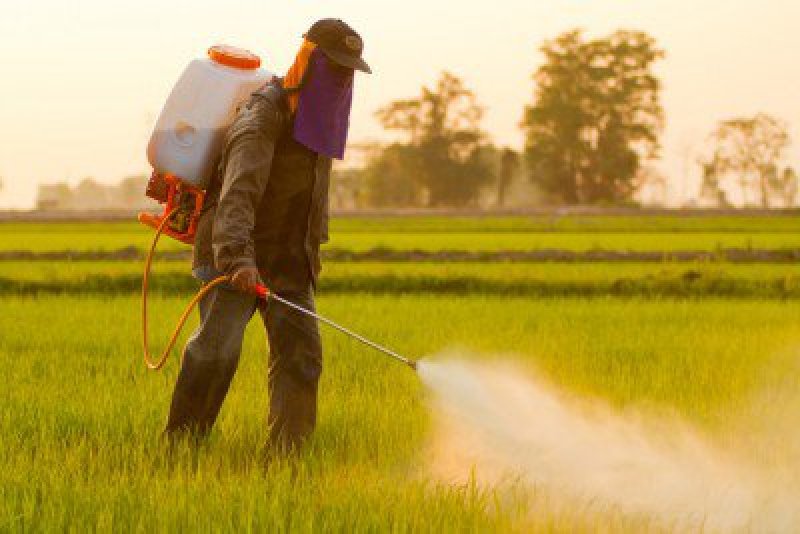When Ron Krahn heard that a branch of the World Health Organization announced that glyphosate — the popular herbicide he uses in his 5,200-acre farm operation near Rivers, Manitoba, — probably causes cancer, he sighed.
“As a farmer, I feel very much caught in the middle,” says Krahn, 39, who runs the operation with his father and brother. “No one wants to grow unhealthy food — the questions for many farmers are, What’s that study? What’s the bias? Who paid for it?”
Dr. John McLaughlin, Chief Science Officer of Public Health Ontario, one of Canada’s top epidemiologists and a leader of the largest cross-Canada study on pesticides and health, concurs completely. “It’s been said by some that, ‘Oh, this group must have some kind of agenda.’ Well, yes — its agenda is to reduce the burden of cancer around the world.”
According to McLaughlin, who was on the WHO’s International Agency for Research on Cancer (IARC) panel, the conclusions related only to those who used glyphosate most often, and that there was no evidence showing that low levels of exposure or occasional use would have any cancer risk.
“What IARC has shown is that at higher levels of use there’s probably going to be a cancer concern,” McLaughlin says. “The purpose of this classification is to heighten awareness and raise attention of the importance of taking risk assessments [which consider dose] from Health Canada and the [U.S. Environmental Protection Agency] seriously.”
Both regulators recently conducted a re-evaluation of glyphosate. Health Canada’s risk assessment changed slightly to include direction not to use it near populated areas and take steps to keep it out of waterways. The EPA’s risk assessment is expected to be released soon.
Risk and hazard assessments go hand-in-hand, says McLaughlin. “The purpose of hazard assessment is to know that something has the potential to cause cancer,” he says. “
The GLP aggregated and excerpted this blog/article to reflect the diversity of news, opinion and analysis. Read full, original post: The Great Glyphosate Debate































